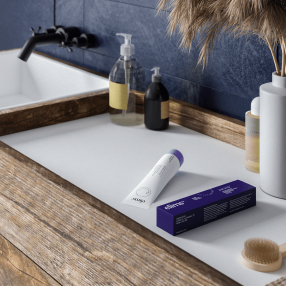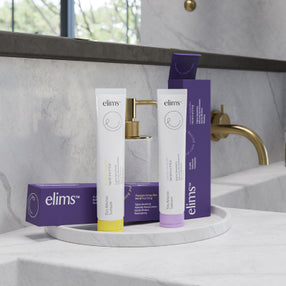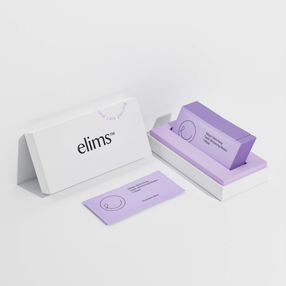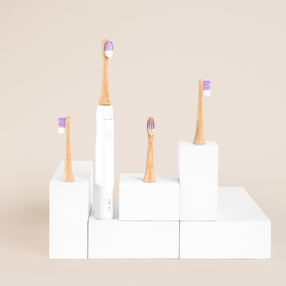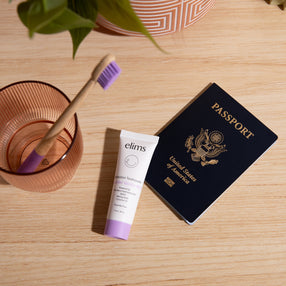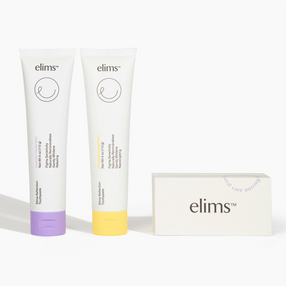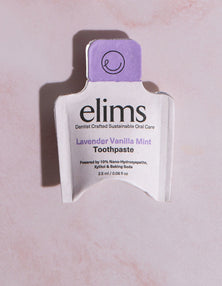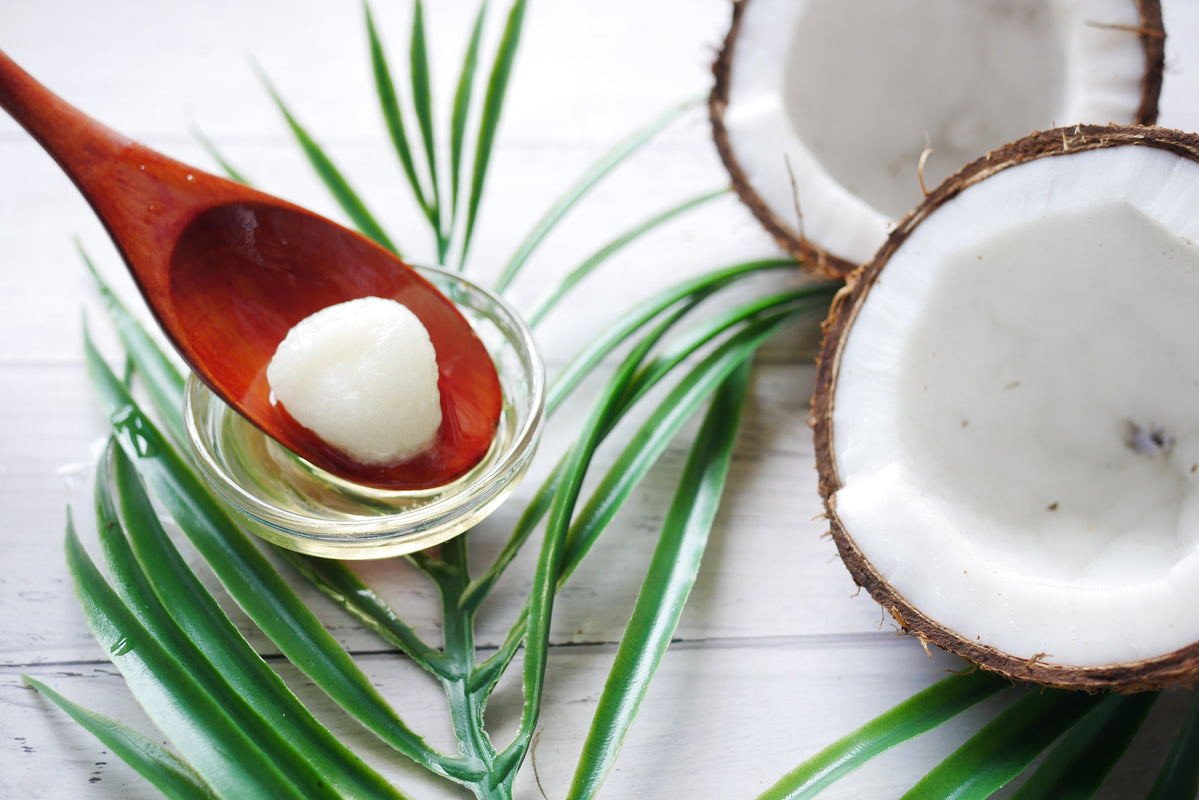
Oil Pulling: Trend or Truth?
Oil Pulling: Trend or Truth?
Oil pulling might seem like a new health fad, but it's actually been around a few thousand years. I guess it's true what they say that everything comes back in style. (I'm looking at you, fanny packs.) But just because it's trendy, does that mean you should jump on the bandwagon? Let's discuss.
First things first: What is oil pulling?
Oil pulling is the ancient Ayurvedic practice of simply swishing oil inside your mouth for 15-20 minutes a day, then spitting it out. Originating three to five thousand years ago in India, it is believed that oil-soluble toxins can be purged, or pulled, from the body with this technique. Pretty easy, right? Oils like sesame, palm, and olive can be used, but coconut oil is popular based on its flavor and scent.
That does sound pretty simple. What are the benefits to my oral health?
Some studies have shown that oil pulling versus swishing with plain water decreases S. Mutans (the bacteria responsible for tooth decay) and that it reduces the bacteria responsible for halitosis (aka, bad breath). It is also believed to be a suitable alternative to using a Chlorhexidine rinse for its antimicrobial properties.
But even though that seems promising, it is important to point out that very few proper studies have been done to back up these claims. (Meaning studies using scientific measurements, double-blind studies, etc.) And while some people believe that oil pulling is a natural whitening technique, again, there aren't any studies that prove this to be true.
The benefits sound iffy at best. But is there any harm in giving it a try?
As long as you're using pure oils, like the kind you find at a grocery store, oil pulling shouldn't cause too much harm. Just be mindful of using a "holistic oil" that is unregulated; it can contain toxic and harmful substances, which is obviously counterproductive to what you are trying to do in the first place.
So, Doc – is this something you recommend to your patients?
No.
In theory, oil pulling sounds like a simple, easy solution to rid your body of toxins and obtain a whiter, brighter smile. But in reality, there just isn't enough scientific evidence that proves it is a better alternative to a traditional brushing, flossing, and mouthwash regimen.
As a dentist, I would prefer that my patients brush twice a day (properly, now – don't rush it!) and floss once a day. And if you use a mouthwash for 30 to 60 seconds twice a day, you are likely to achieve the same amount of antimicrobial effects as a 15-20 minute oil pulling session would give you, in a fraction of the time. Personally, I don't believe the tradeoff is worth it.
Any final thoughts?
In matters like these, it's always best practice to consult your dental professional. And while fanny packs may come and go, we want good oral health to stick around for the long haul.
Have you tried oil pulling? Give us your experience, below.
Oil Pulling: Trend or Truth?
Oil pulling might seem like a new health fad, but it's actually been around a few thousand years. I guess it's true what they say that everything comes back in style. (I'm looking at you, fanny packs.) But just because it's trendy, does that mean you should jump on the bandwagon? Let's discuss.
First things first: What is oil pulling?
Oil pulling is the ancient Ayurvedic practice of simply swishing oil inside your mouth for 15-20 minutes a day, then spitting it out. Originating three to five thousand years ago in India, it is believed that oil-soluble toxins can be purged, or pulled, from the body with this technique. Pretty easy, right? Oils like sesame, palm, and olive can be used, but coconut oil is popular based on its flavor and scent.
That does sound pretty simple. What are the benefits to my oral health?
Some studies have shown that oil pulling versus swishing with plain water decreases S. Mutans (the bacteria responsible for tooth decay) and that it reduces the bacteria responsible for halitosis (aka, bad breath). It is also believed to be a suitable alternative to using a Chlorhexidine rinse for its antimicrobial properties.
But even though that seems promising, it is important to point out that very few proper studies have been done to back up these claims. (Meaning studies using scientific measurements, double-blind studies, etc.) And while some people believe that oil pulling is a natural whitening technique, again, there aren't any studies that prove this to be true.
The benefits sound iffy at best. But is there any harm in giving it a try?
As long as you're using pure oils, like the kind you find at a grocery store, oil pulling shouldn't cause too much harm. Just be mindful of using a "holistic oil" that is unregulated; it can contain toxic and harmful substances, which is obviously counterproductive to what you are trying to do in the first place.
So, Doc – is this something you recommend to your patients?
No.
In theory, oil pulling sounds like a simple, easy solution to rid your body of toxins and obtain a whiter, brighter smile. But in reality, there just isn't enough scientific evidence that proves it is a better alternative to a traditional brushing, flossing, and mouthwash regimen.
As a dentist, I would prefer that my patients brush twice a day (properly, now – don't rush it!) and floss once a day. And if you use a mouthwash for 30 to 60 seconds twice a day, you are likely to achieve the same amount of antimicrobial effects as a 15-20 minute oil pulling session would give you, in a fraction of the time. Personally, I don't believe the tradeoff is worth it.
Any final thoughts?
In matters like these, it's always best practice to consult your dental professional. And while fanny packs may come and go, we want good oral health to stick around for the long haul.
Have you tried oil pulling? Give us your experience, below.
